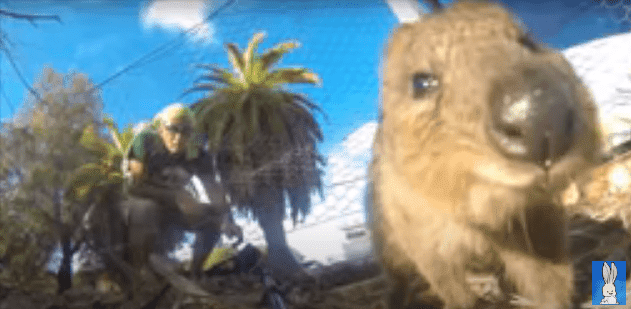coca is extremely sociable, curious, daring, playful animals, and generally very cute to humans.
Here we leave you 10 curious facts so that you know better the tender species.
1. They have an island named after them. When the Dutch explorer William Dampier first encountered coca on Rottnest Island, off the coast of Western Australia, he thought they were rats the size of cats. He originally named the island Rattennest which means rat's nest and was later changed to Rottnest.
coca is extremely sociable, curious, daring, playful animals, and generally very cute to humans.
Here we leave you 10 curious facts so that you know better the tender species.
1. They have an island named after them. When the Dutch explorer William Dampier first encountered coca on Rottnest Island, off the coast of Western Australia, he thought they were rats the size of cats. He originally named the island Rattennest which means rat's nest and was later changed to Rottnest.
2. These short, plump marsupials are about the size of a cat, with a body up to 54 cm long and a long tail.
3. This species can be kept for long periods of time without feeding or drinking water, but most of its hydration comes from the leaves that it eat.
4. Since 2013 they are known as the happiest animals in the world thanks to their charisma and contagious energy.
5. Quokka women suckle their young in a pouch, like kangaroos, for about six months. When wild coca can live up to a decade.
6. Creatures are also affected when humans feed them, as this can change their diet and behavior. Therefore, if you come across a Quokka, never give it your lunch.
7. The Quokka does not pose any threat to humans, sometimes they can even be very friendly.
8. In recent years, the creatures have become a popular visitor attraction to Rottnest Island, near Perth, where there are around 8,000 to 12,000 coca.
9. For the preservation of the species, it is illegal to lift or apprehend the animals, and fines of between AU $ 300 and A $ 2,000 can be incurred for doing so.
10. coca are considered vulnerable to extinction, as they are only found in Rottnest, where increased tourism is having a negative impact on these cute little animals.

Comments
Post a Comment